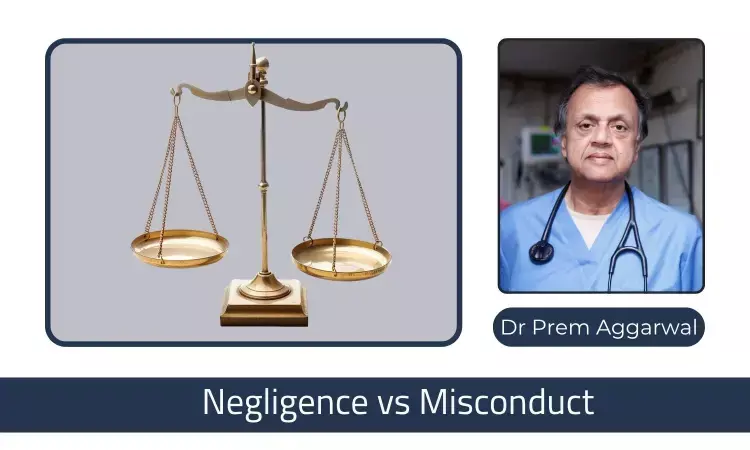- Home
- Medical news & Guidelines
- Anesthesiology
- Cardiology and CTVS
- Critical Care
- Dentistry
- Dermatology
- Diabetes and Endocrinology
- ENT
- Gastroenterology
- Medicine
- Nephrology
- Neurology
- Obstretics-Gynaecology
- Oncology
- Ophthalmology
- Orthopaedics
- Pediatrics-Neonatology
- Psychiatry
- Pulmonology
- Radiology
- Surgery
- Urology
- Laboratory Medicine
- Diet
- Nursing
- Paramedical
- Physiotherapy
- Health news
- Fact Check
- Bone Health Fact Check
- Brain Health Fact Check
- Cancer Related Fact Check
- Child Care Fact Check
- Dental and oral health fact check
- Diabetes and metabolic health fact check
- Diet and Nutrition Fact Check
- Eye and ENT Care Fact Check
- Fitness fact check
- Gut health fact check
- Heart health fact check
- Kidney health fact check
- Medical education fact check
- Men's health fact check
- Respiratory fact check
- Skin and hair care fact check
- Vaccine and Immunization fact check
- Women's health fact check
- AYUSH
- State News
- Andaman and Nicobar Islands
- Andhra Pradesh
- Arunachal Pradesh
- Assam
- Bihar
- Chandigarh
- Chattisgarh
- Dadra and Nagar Haveli
- Daman and Diu
- Delhi
- Goa
- Gujarat
- Haryana
- Himachal Pradesh
- Jammu & Kashmir
- Jharkhand
- Karnataka
- Kerala
- Ladakh
- Lakshadweep
- Madhya Pradesh
- Maharashtra
- Manipur
- Meghalaya
- Mizoram
- Nagaland
- Odisha
- Puducherry
- Punjab
- Rajasthan
- Sikkim
- Tamil Nadu
- Telangana
- Tripura
- Uttar Pradesh
- Uttrakhand
- West Bengal
- Medical Education
- Industry
Negligence vs Misconduct: Where Do Medical Councils Draw the Line?

Medical councils play a crucial role in upholding the dignity and ethics of the medical profession. However, an important debate surrounds the scope of their disciplinary powers - specifically, whether councils can punish doctors for negligence in medical treatment. This article examines the statutory framework, the role of Section 21 of the Delhi Medical Council Act, and landmark judicial decisions. It highlights the distinction between punishable misconduct and mere negligence, thereby clarifying the boundaries of professional accountability.
Medicine is both a science and an art, grounded in trust between doctor and patient. Patients expect competence, diligence, and integrity, while doctors expect protection from unfair allegations when acting in good faith. To preserve this balance, medical councils are entrusted with the duty of maintaining ethical standards and disciplining misconduct.
This is where most of the confusion arises. Patients often believe that any negligence by a doctor should be punishable by the council. Doctors, on the other hand, fear that even an adverse outcome beyond their control may invite disciplinary action.The truth lies somewhere in between. Not every case of negligence is misconduct. But some kinds of negligence are so serious, or so entwined with ethical breaches, that councils cannot ignore them
Role of the Council in Maintaining Ethics and Punishing Misconduct
Medical councils in India, including state councils and the National Medical Commission, are empowered to:
• Safeguard professional ethics.
• Investigate complaints against doctors.
• Take disciplinary action such as warning, suspension, or removal of a practitioner’s name from the register.
Their authority, however, is limited to professional misconduct. They are not meant to serve as consumer forums or civil courts for compensation disputes.
Section 21 of the Delhi Medical Council Act
On the other hand, many situations, though painful, do not amount to misconduct. These include
Courts in India have, time and again, drawn a very clear line between ordinary negligence and misconduct
Doctor's Accountability and Protection- Why there is the need for Balance
This balance is critical. Doctors must be held accountable when they grossly violate ethics or act recklessly. Patients deserve that protection. But doctors must also be protected from the fear that every complication, every adverse outcome, or every honest error could end their careers. Without that protection, the practice of medicine itself becomes unsafe — not for patients, but for practitioners. That’s why the system is layered: Civil courts decide compensation. Criminal courts handle reckless or gross negligence. Medical councils step in only when ethics are breached and misconduct is clear. This is how we try to be fair to both patients and practitioners.So, rolling back to the critical question can medical councils punish negligence? In my opinion, Maybe— only when it amounts to misconduct. Gross, reckless, or ethically compromised acts must be punished but honest errors, adverse outcomes despite proper care, or treatment within accepted standards are not misconduct. By keeping this distinction clear, medical councils protect both patient welfare and the dignity of the medical profession. Because at the end of the day, our duty is not just to discipline. It is also to protect — to protect the patient from harm, and to protect the doctor from unfair blame. That is the only way trust can survive in healthcare.
Disclaimer: The views expressed in this article are of the author and not of Medical Dialogues. The Editorial/Content team of Medical Dialogues has not contributed to the writing/editing/packaging of this article.
Dr Prem Aggarwal, (MD Medicine, DNB Medicine, DNB Cardiology) is a Cardiologist by profession and also the Co-founder and Chairman of Medical Dialogues. He focuses on news and perspectives about cardiology, and medicine related developments at Medical Dialogues. He can be reached out at drprem@medicaldialogues.in


